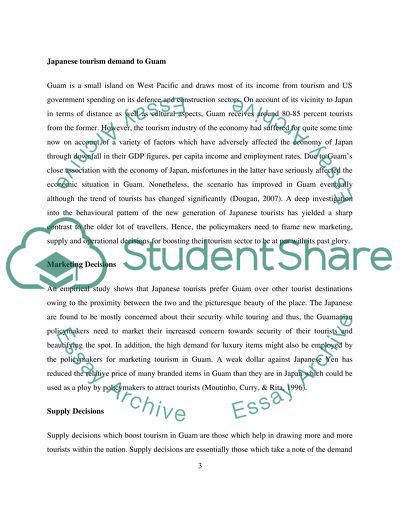Cite this document
(“Economics for Tourism, Hospitality and Leisure Case Study”, n.d.)
Retrieved from https://studentshare.org/macro-microeconomics/1430598-economics-for-tourim-hospitality-and-leisure
Retrieved from https://studentshare.org/macro-microeconomics/1430598-economics-for-tourim-hospitality-and-leisure
(Economics for Tourism, Hospitality and Leisure Case Study)
https://studentshare.org/macro-microeconomics/1430598-economics-for-tourim-hospitality-and-leisure.
https://studentshare.org/macro-microeconomics/1430598-economics-for-tourim-hospitality-and-leisure.
“Economics for Tourism, Hospitality and Leisure Case Study”, n.d. https://studentshare.org/macro-microeconomics/1430598-economics-for-tourim-hospitality-and-leisure.


